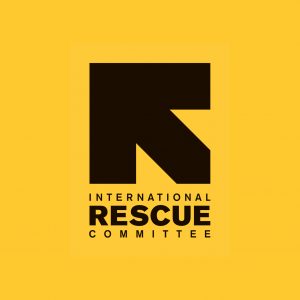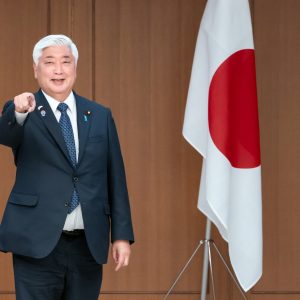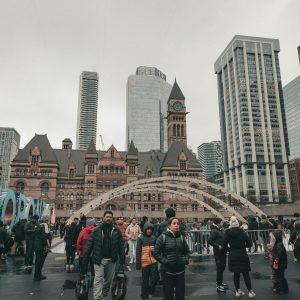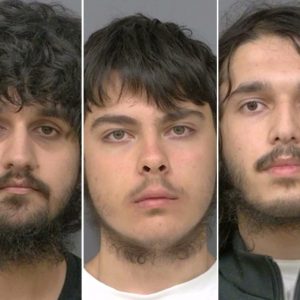Doctors fear for life of Gaza hospital chief Abu Safiya held by Israel
GENEVA (AA) – Medical professionals who came to Geneva from around the world voiced concerns for Dr. Hussam Abu Safiya, the director of Kamal Adwan Hospital in Gaza, who was detained by Israel during a December 27 raid on the facility.
No updates have since been provided about his safety or well-being. Many fear he could meet a fate similar to Dr. Adnan Al-Bursh, a prominent orthopedic surgeon, who died in Israeli custody in April — four months after being arrested during the Israeli military’s ground invasion of the Jabalya refugee camp.
Abu Safiya’s detention has sparked widespread outrage among health care workers, with many calling it a grim escalation in what they see as the systematic targeting of medical professionals in Gaza.
“We’re very, very afraid of that,” Dr. Semia Sadfi Charbonnier, a general practitioner in Geneva, told Anadolu, referring to reports of torture used on Abu Safiya in Israeli detention. Charbonnier is part of the International Healthcare Workers Coalition, which unites more than 100 organizations worldwide in solidarity with health care workers in Palestine.
“We saw what happened to Dr. Adnan Al-Bursh, and we are very afraid that that will happen to him also,” she said. “Because Dr. Abu Safiya is like a symbol of resistance, and Israel doesn’t like that. They want to cut the head of all resistance of the Palestinian people.”
She emphasized that Abu Safiya is someone significantly admired by everyone. “For us, Dr. Hussam is more than a doctor.”
“He’s a hero,” she said, worried about his treatment and lack of information concerning his condition.
She demanded stronger international action: “We ask for the UN to put some pressure on Israel.”
Resolutions alone are not enough, the doctor underlined, saying they are not being respected. “We really call for the end of the impunity,” she concluded.
– Pattern of abuse and torture
Sara Galli, an anesthesiologist in the Netherlands and spokesperson for Doctors for Gaza, raised the alarm about the treatment of health care workers in Gaza, citing documented instances of abuse, torture, and death under Israeli detention.
Galli stressed to Anadolu that the widespread concern for the well-being of detainees, particularly health care professionals, must be understood within the broader context of human rights violations. She pointed to several high-profile cases, including the director of Al Shifa hospital, who was detained for eight months without evidence; an orthopedic surgeon released after 11 months and a pediatrician who lost 25 kilograms (55 pounds) due to starvation during 45 days in detention.
“We have had multiple accounts of abuse and torture, both to medical personnel and regular Palestinian detainees,” she said. The allegations have been corroborated by respected international organizations, including Human Rights Watch, the UN and Amnesty International, she added.
The situation surrounding Abu Safiya exemplifies the issue of health care workers being punished for doing their job, she said, highlighting that at least three health care workers have died while in detention, having reportedly been tortured.
There are testimonies of released prisoners who saw them being tortured, the doctor said and added that the prisoners were detained in the same centers where images of torture, rape, and abuse have surfaced.
She underscored the role of international institutions in addressing human rights violations. “This really is a test of our international humanitarian values. It’s more than Palestine and health care workers. It’s more than just about Palestine and health care workers. It’s really about, do we live in a world where there’s international rule of law,” said Galli, demanding accountability in the face of abuses.
She stressed that despite accusations against Palestinian health care workers, there has been no concrete evidence to support claims made by Israeli officials.
“We’ve come to the point where, after 15 months, there have been a lot of accusations, but there’s not been any proof,” she said. “There’s a very known saying that said: ‘I cannot believe what you say because I’m seeing what you’re doing.’ And I think that everybody’s seeing what’s going on, and it’s time that something is taken into accountability,”
As the crisis continues, Galli urged a decisive response to uphold humanitarian principles and ensure the protection of health care workers in conflict zones.
“The United Nations was created to avoid this kind of humanitarian man-made crisis,” she underlined.
The plight of Abu Safiya and other detained health care workers continues to raise urgent questions about the targeting of medical professionals in conflict zones and the enforcement of international humanitarian law.










